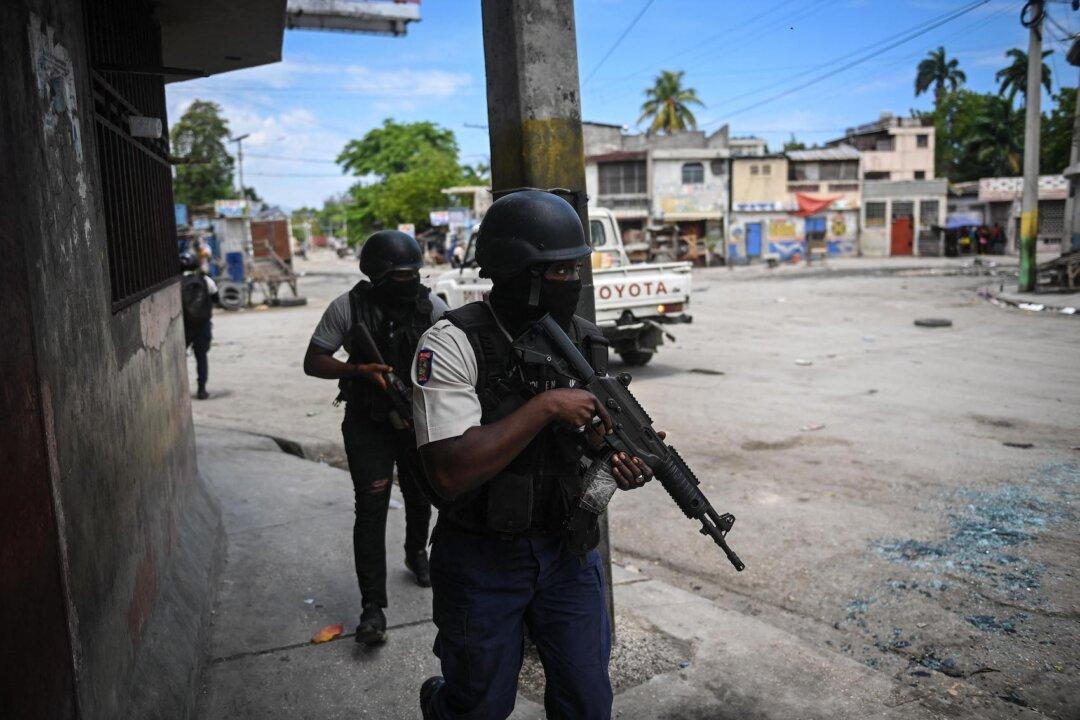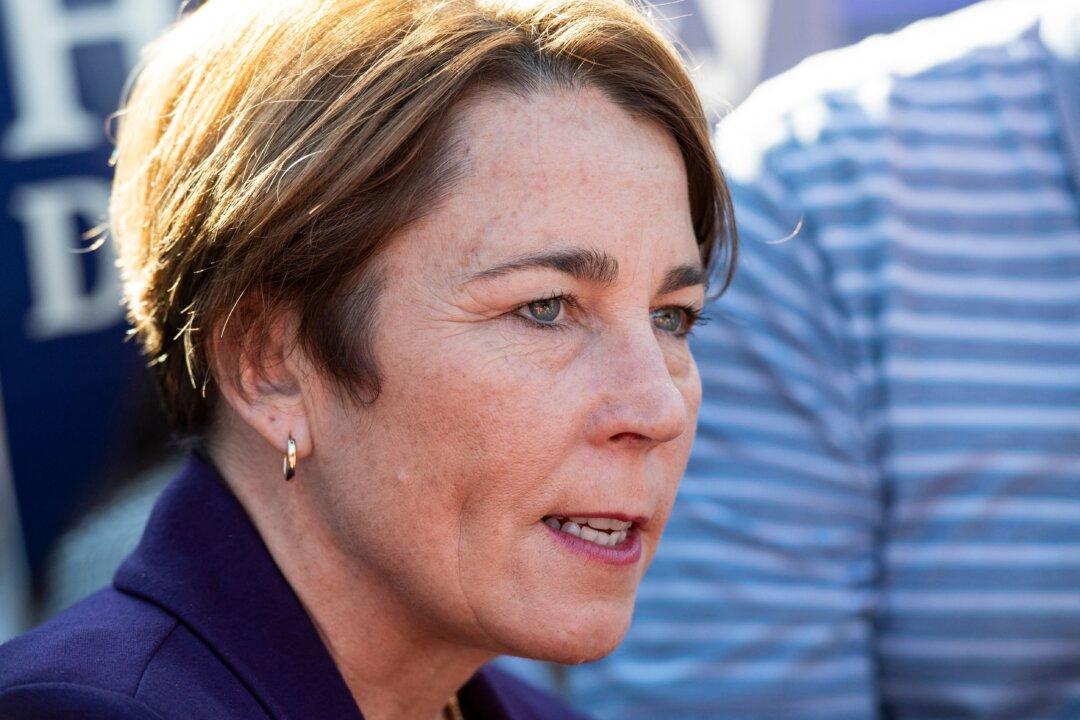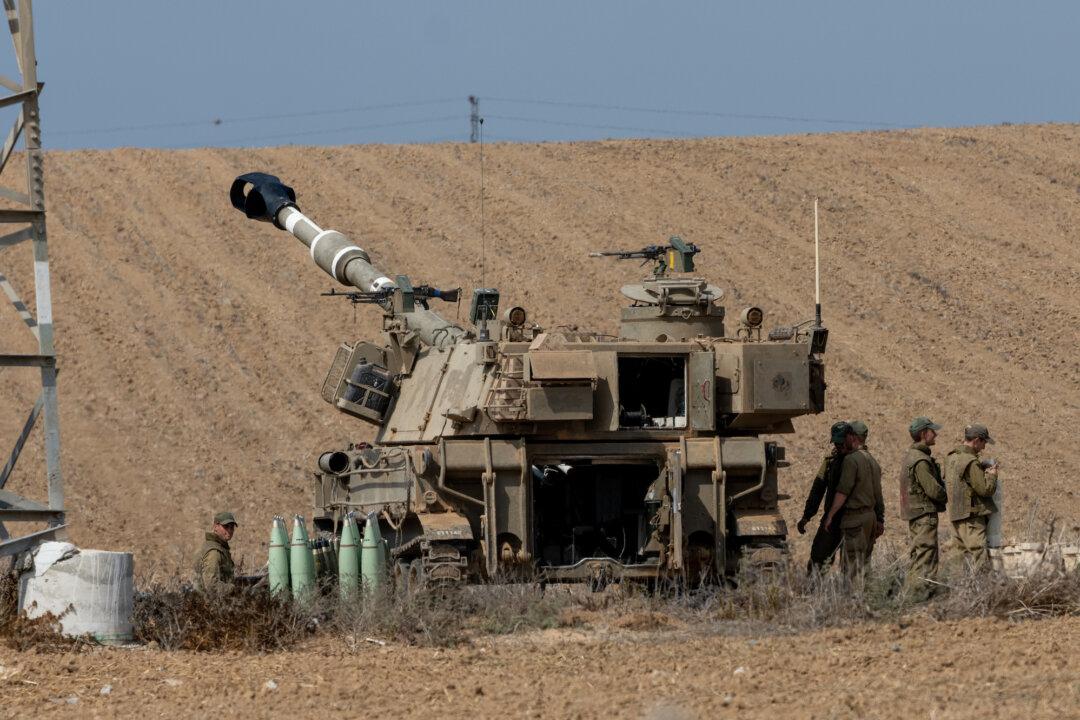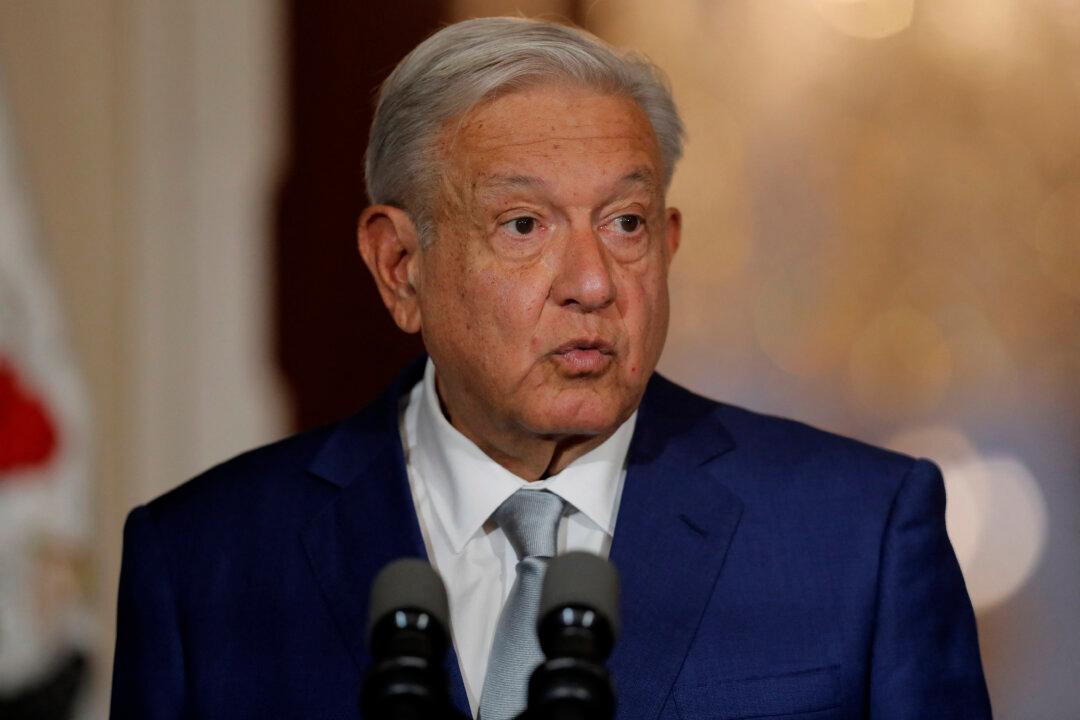The U.N. Security Council on Oct. 2 approved the deployment of an international security force to assist Haiti’s national police in curbing escalating gang violence and restoring stability across the “strife-torn Caribbean nation.”
The Haitian government and various leaders in the nation requested the United Nations’ support after facing months of chaos; more than 3,000 homicides and 1,500 kidnappings have been reported this year, and more than 200,000 people have been displaced from their homes.




